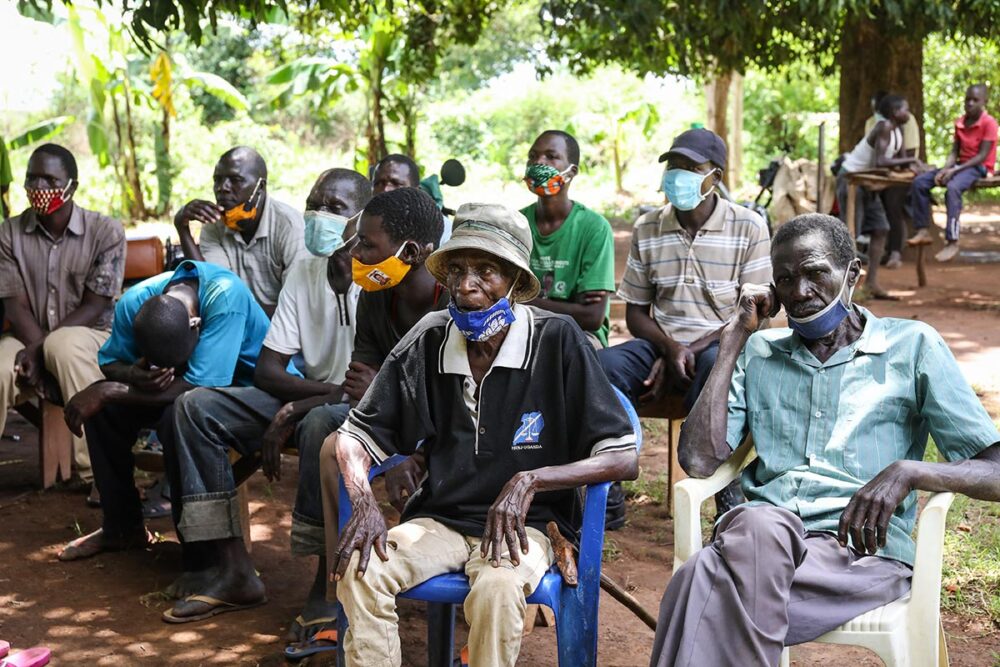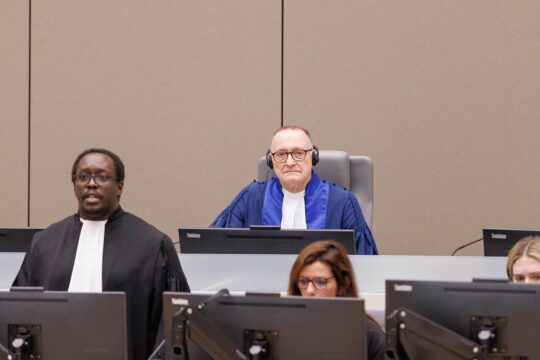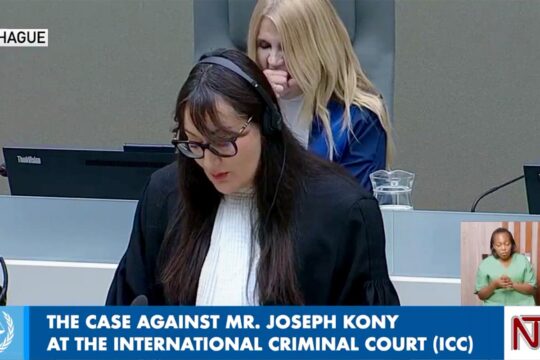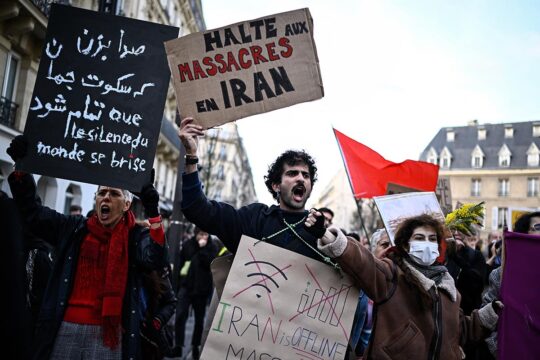On February 28, judges at the International Criminal Court (ICC) announced their decision on reparations to victims in the case of Dominic Ongwen, a former Ugandan rebel commander. A total of more than 52 million euros, to be distributed among 50.000 victims. Can the ICC, which awards these astronomical sums, ensure that they reach the victims? That’s what our partners from the Asymmetrical Haircuts podcast are discussing today with two Ugandan experts, Sarah Kasande and Pamela Angwech.
 ASYMMETRICAL HAIRCUTS
ASYMMETRICAL HAIRCUTS
This podcast has been published as part of a partnership between JusticeInfo.net and Asymmetrical Haircuts, a podcast on international justice produced from The Hague by journalists Janet Anderson and Stephanie van den Berg, who retain full control and independence over the contents of the podcast.







